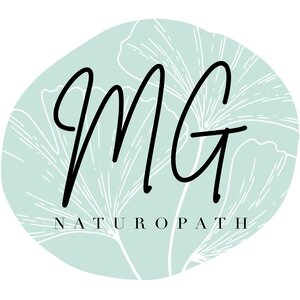HOW MAXIMISE YOUR ZZZs WITH YOGA
By Holistic Health Honey (aka Cindra Banks)
As a health coach and yoga teacher, the most common complaint I hear from my clients is, "If only I could get more sleep/go to sleep/sleep better!".
Can you relate?
A staggering 1.5 million Australians identified with a sleep disorder in 2010 (according to the Sleep Health Foundation) and The Age newspaper recently declared that one third of Australians suffers from a severe sleep disorder.
So, if you answered yes to the above question, you are certainly not alone!
Sleep is so important for optimal health; it is vital for existence, yet most of us do not get enough. We don’t know how to wind down or how to best set ourselves up for rest effectively.
This is where I believe yoga comes in, we can move our body gently and slowly at bedtime, opening up the joints, realigning the chakras (energy centers) of the body and take our bodies from relying on our fight or flight (sympathetic) nervous system, to relaxing into rest and digest mode (parasympathetic).
Practicing a little yoga (movement, breathing and meditation) before bed will cause feel good endorphins to be released, giving your body and mind permission to sink into a restful sleep.
Even if you don’t include meditation or movement in your bedtime routine, you will still benefit from an uncluttered, rested mind by simply sitting still and concentrating on your breathing.
I recommend Analoma Viloma (alternate nostril breathing) as it helps switch even the busiest minds off; all you are able to focus on here is the breath. If you are new to this practice, I would recommend watching a YouTube clip or ask a qualified yoga teacher to demonstrate this for you (book a private to map out your own personalised bedtime yoga routine with me).
If you can give yourself fifteen minutes before bed, practice the above breathing for five minutes, then try moving gently through child’s pose, cat/cow and legs up the wall pose (Google these poses if unsure, or seek professional advice) for the next five minutes, leaving you with five minutes for a brief meditation.
There are plenty of fantastic, guided meditations accessible for free from iTunes (through the Podcast app), you can set a sleep timer so your mobile device will simply turn off when the meditation is finished. I recommend My Meditation Station (the host's voice puts me to sleep every time!).
Now, go catch some zzzs!
PS Mel has some amazing sleep remedies if you are still struggling to have a good night's rest...I am a fan of the magnesium spray and the Rescue Remedy Sleep personally.
For more individualised support, make sure you book an appointment with her!
